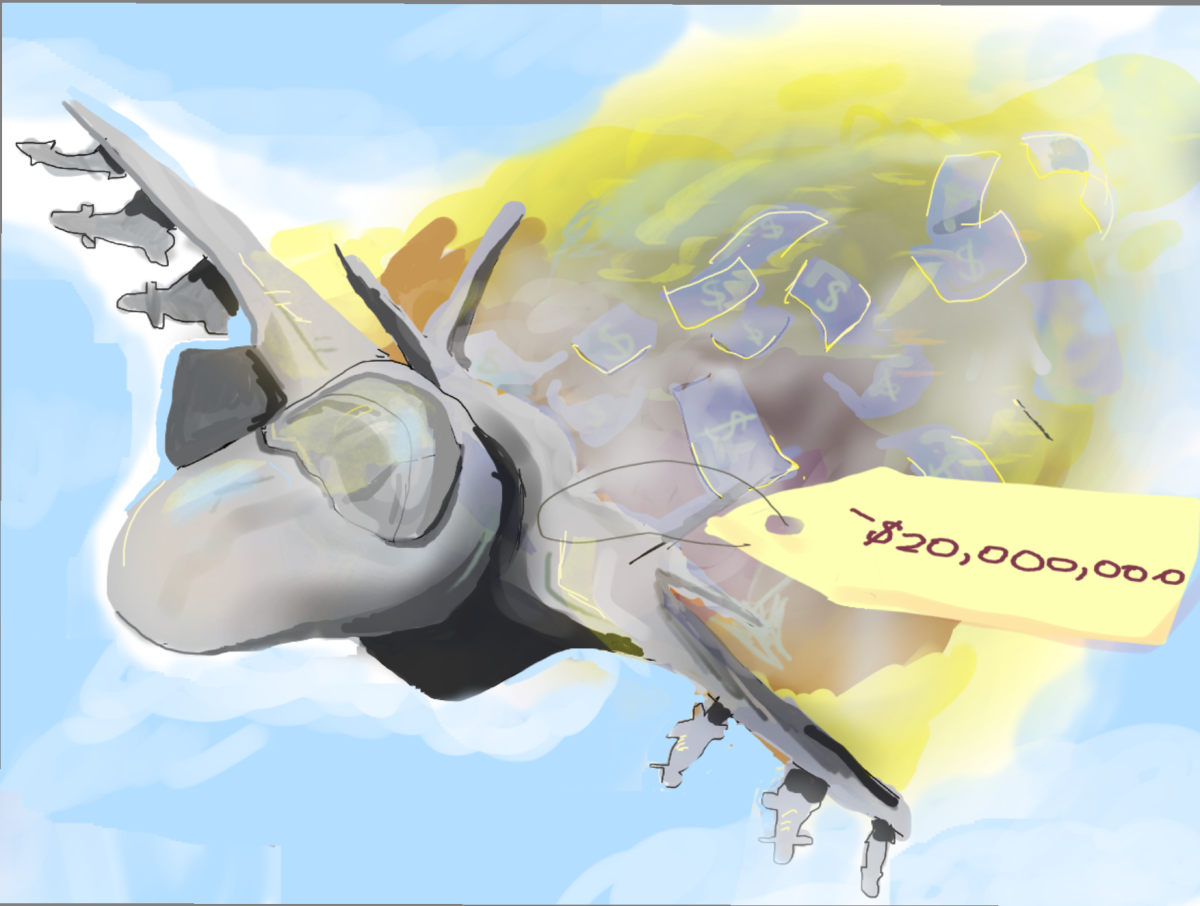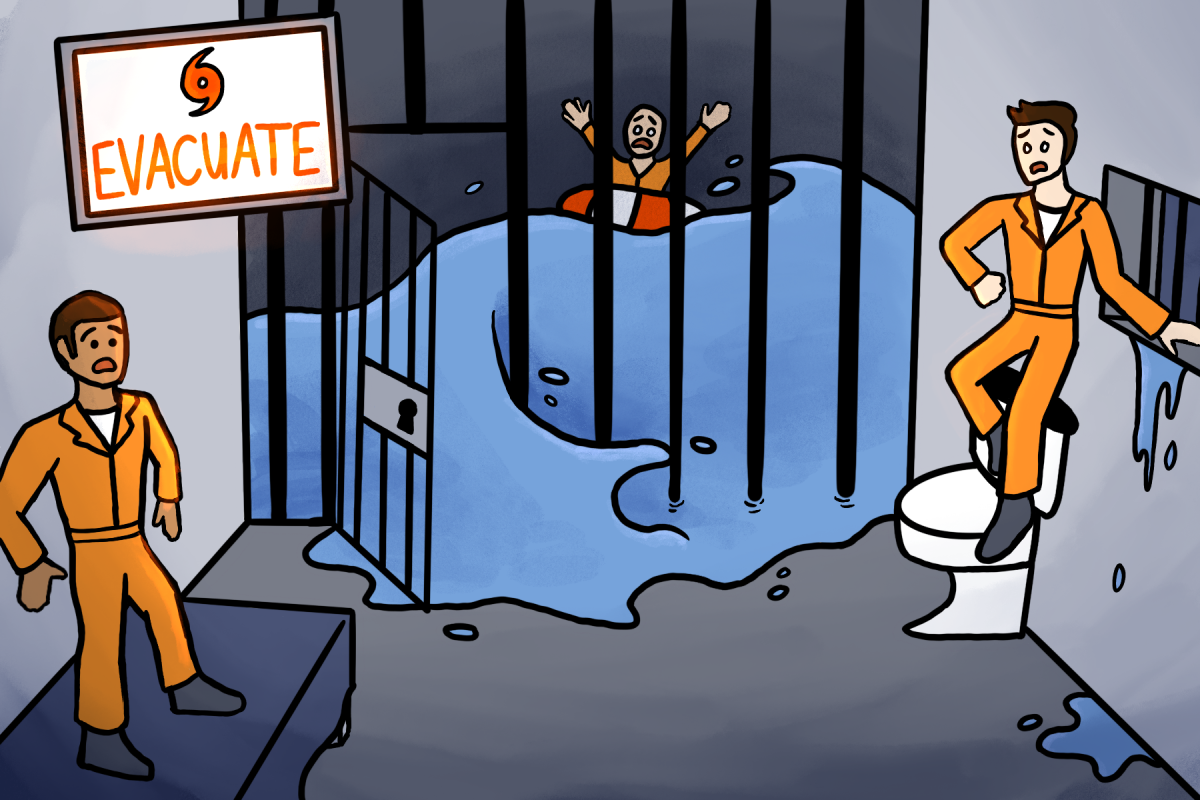Nicknamed “Mother of the Everglades,” Marjory Stoneman Douglas dedicated her life to protecting the environment. As a school that was named after her, the inhabitants of Marjory Stoneman Douglas High School should make more of an effort to be environmentally sustainable, which starts with reducing our carbon footprint.
With climate change becoming a globally pressing issue, MSD needs to work towards developing more sustainable methods of decreasing the school’s carbon footprint.
Since the start of 2019, teachers and staff at MSD have made a total of 3,372,889 copies of paper, yet those same individuals have access to Canvas, an online classroom where they can assign and receive student work electronically.
Canvas is the perfect solution to reducing the amount of paper that is wasted, and all teachers should be utilizing the technology, instead of further increasing MSD’s negative impact on the environment.
While the club “Save What’s Left” at MSD collects recycling weekly from each classroom, that is simply not enough. Another way to reduce MSD’s carbon footprint would be to place recycling cans throughout campus for students to take advantage of.
Students are oftentimes compelled to throw away their recyclables in regular trash cans in the cafeteria and the courtyard, because the only places recycling cans can be found on campus are in teacher’s classrooms and by the loading docks, where students are not permitted to go.
Additionally, the air conditioning at MSD is constantly running at temperatures unnecessarily low. According to the Department of Energy, a house should be set at 78 degrees when people are inside. Yet at MSD, the average classroom temperature is 66 degrees. The Eagle Eye measured classroom temperatures across campus finding the lowest air temperature flowing from a vent to be 57 degrees.
While it has been proven that colder temperatures promote learning and the ability to focus, there is no need for classroom temperatures as low as 62 degrees when the Department of Energy recommends a much higher temperature to conserve energy and protect the environment.
MSD along with BCPS need to be more conscious of their carbon footprint and take any necessary steps to reduce it. The clock is ticking, the time is now to step up and work towards helping the environment instead of further destroying it.










